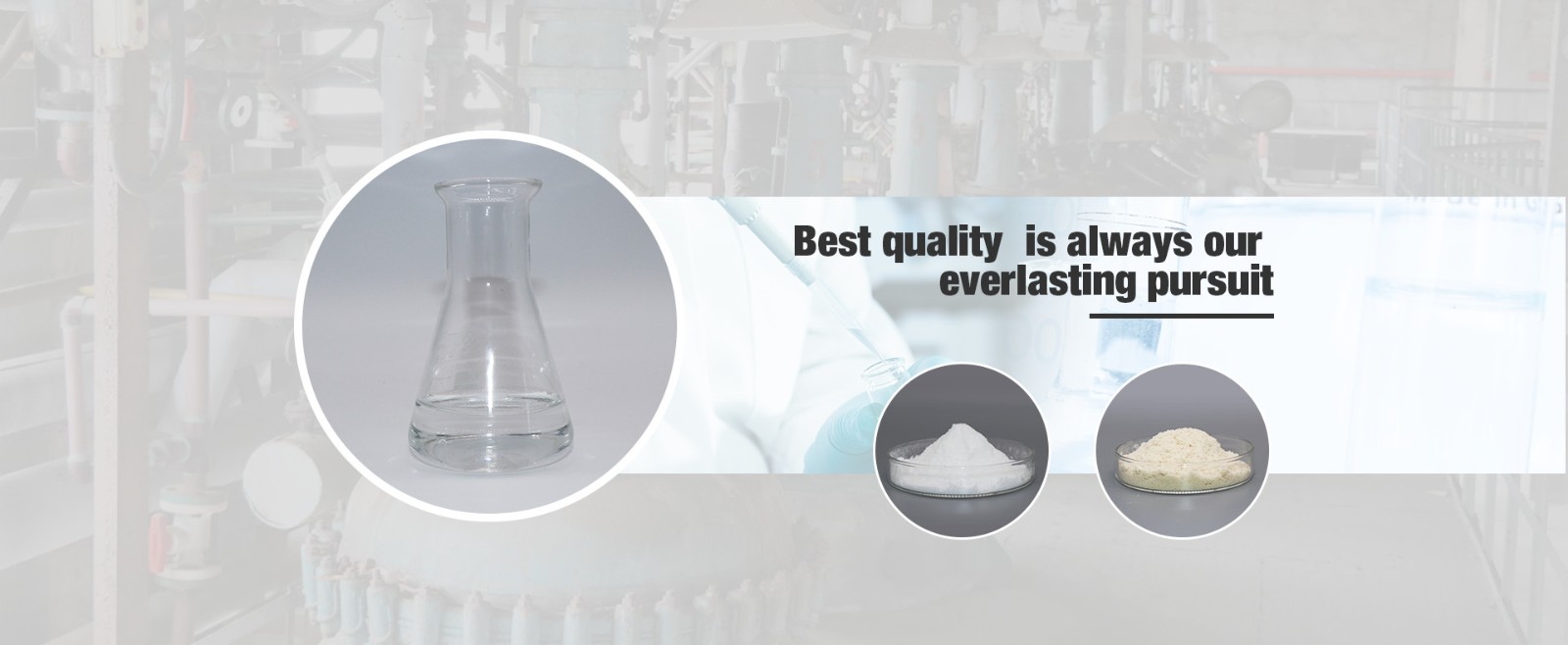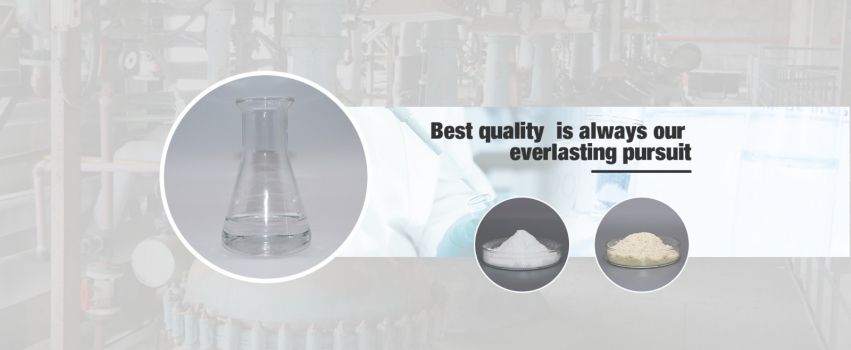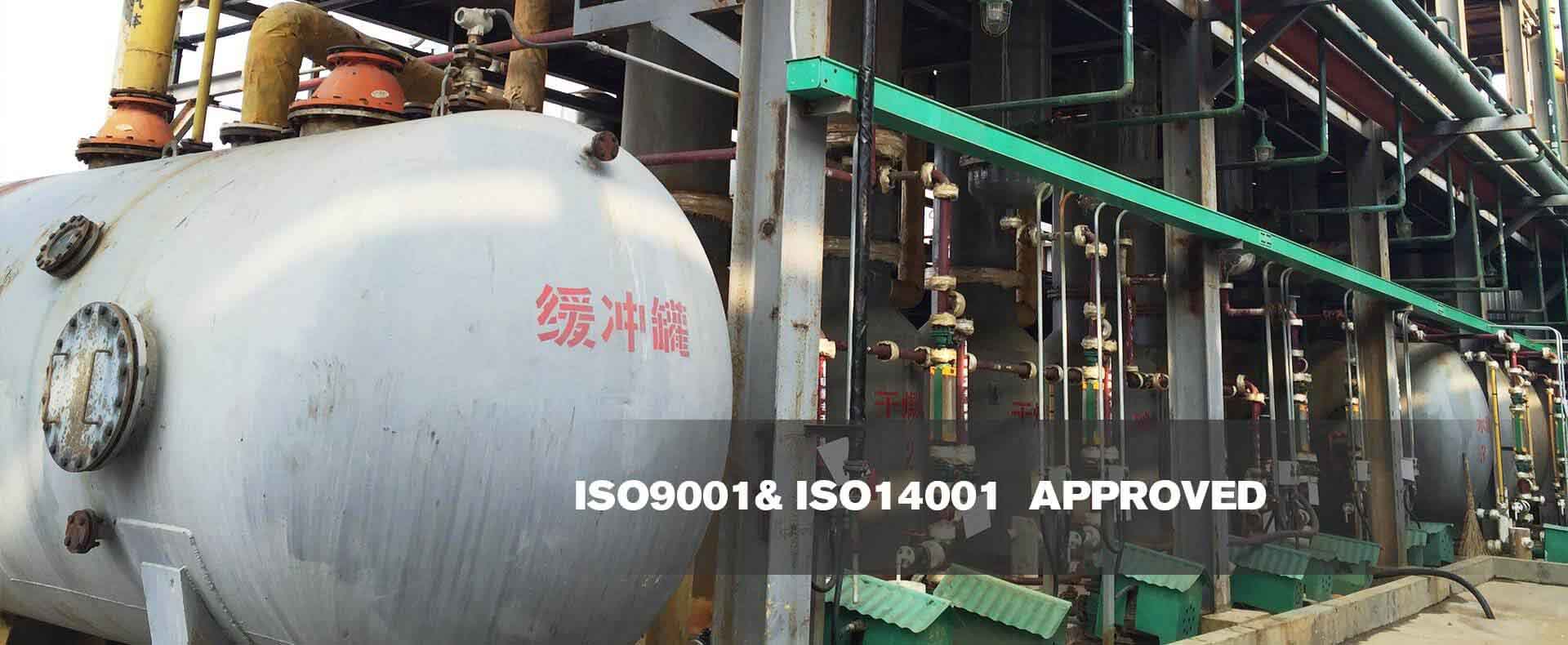A chemical reagent is a substance that is used to cause a chemical reaction or to participate in a chemical reaction. Reagents are typically used in small amounts compared to the other reactants in the reaction, and they are consumed in the process. Reagents are used in a wide range of applications, including the synthesis of chemicals, the analysis of samples, and the identification of substances.
Chemical reagents can be classified according to the type of chemical reaction that they are used in, such as acid-base reactions, redox reactions, and precipitation reactions. They can also be classified according to their reactivity, which refers to the tendency of a chemical to undergo a chemical reaction. Reagents can be classified as either reactive or unreactive, depending on their chemical properties.
Some examples of chemical reagents include:
1. Acids: These are chemicals that donate hydrogen ions (H+) in a chemical reaction. They are typically used as proton donors and are characterized by their sour taste and their ability to react with metals to produce hydrogen gas.
2. Bases: These are chemicals that accept hydrogen ions (H+) in a chemical reaction. They are typically used as proton acceptors and are characterized by their soapy feel and their ability to neutralize acids.
3. Oxidizing agents: These are chemicals that donate oxygen or remove electrons in a chemical reaction. They are typically used to oxidize other substances and are characterized by their ability to cause combustion.
4. Reducing agents: These are chemicals that accept oxygen or donate electrons in a chemical reaction. They are typically used to reduce other substances and are characterized by their ability to cause reduction.




















